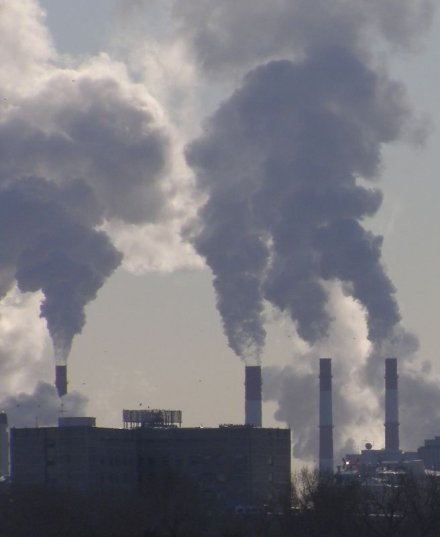If we're going to convert our economy to a sustainable one, we must
first and foremost begin to measure our economic activity in a way that
is connected to reality.
GNP and GDP are outmoded measures of economic growth. These
measures are out of touch with the natural resources and well being
upon which our very economy depends for growth. As such, these measures
can not be considered sustainable because they do not account for
depletion of either human or natural capital.
Consider this message from the late Robert Kennedy (father of leading activist Robert Kennedy, Jr.) :
"The Gross National Product includes air pollution and
advertising for cigarettes, and ambulances to clear out highways of
carnage. It counts special locks for our doors, and jails for people
who break them. GNP includes the destruction of the redwoods and the
death of Lake Superior. It grows with the production of napalm and
nuclear warheads… and if GNP includes all this, there is much that it
does not comprehend.
"It does not allow for the health of our families, the quality of their
education, or the joy of their play. It is indifferent to the decency
of our factories and the safety of our streets alike. It does not
include the beauty of our poetry or the strength of our marriages, or
the intelligence of our public debate or the integrity of our public
officials… GNP measures neither our wit nor our courage, neither our
wisdom nor our learning, neither our compassion nor our devotion to our
country. It measures everything, in short, except that which makes life
worthwhile."
According to the 2008 State of the World report produced by the Worldwatch Institute,
GDP is "oblivious to the extinction of local economic systems and
knowledge; to disappearing forests, wetlands or farmland; to the
depletion of oil, minerals, or groundwater, etc."
Our economy, which is built on old methods of thinking, is becoming
increasingly self destructive as our system moves forward. The current
methods of evaluating economic reality, disconnected from the rest of
our world, were born in the times of Adam Smith, David Ricardo and
others. Such thinking has not evolved to meet twenty-first century
realities. In the last 200 years global population has grown sixfold,
and economic activity has increased roughly 60 times. Meanwhile, with
massive increase in economic output, we are reaching the limits of the
Earth's ability to support the human species sustainably.
Yet, many individuals and organizations are recognizing the challenges
and opportunities that this situation presents and moving toward an
economy that takes nature into account.
The group Redefining Progress addresses these very points. It states:
"We believe that if policymakers measure what really matters
to people-health care, safety, a clean environment, and other
indicators of well-being-economic policy will naturally shift towards
sustainability.
"Redefining Progress created the Genuine Progress Indicator (GPI) in
1995 as an alternative to the gross domestic product (GDP). The GPI
enables policymakers at the national, state, regional, or local level
to measure how well their citizens are doing both economically and
socially."
The Genuine Progress Indicator
takes into account factors that point to the heart of well being for a
society. Some of the factors it considers include resource depletion,
leisure time, environmental damage, lifespan of consumer durables and
public infrastructure.
There is much going on in the public zeitgeist that already intuits the
need for a move in the sustainable direction. The State of the World
report continues:
"The emergence of the sustainable economy is visible in a
burst of creative experimentation involving design for remanufacture,
‘zero waste' cities, environmental taxes, cap and trade carbon markets,
car-sharing companies, maturing markets for solar and wind power,
microfinance, socially responsible investment, land tenure rights for
women, product take-back laws, and other innovations . . . Scaled up
and replicated across the world, these and other experiments could form
the basis of economies that meet the needs of people at the least cost
to the natural environment."
If we start measuring our economic activity in terms of true costs and
benefits, it will become glaringly obvious what needs to be done to
steer our system toward well-being and sustainability.
The math is simple: If you keep spending your principal, you're going
to run out at some point. We're seeing signs of life in this new
sustainable economy, it is now time for us to get with the program and
change the way we operate as a civilization. It all starts with how we
measure our progress, and how we define it.
Article originally posted on thepanelist.com.
Photo by Mr_Benn, courtesy of Creative Commons license.















